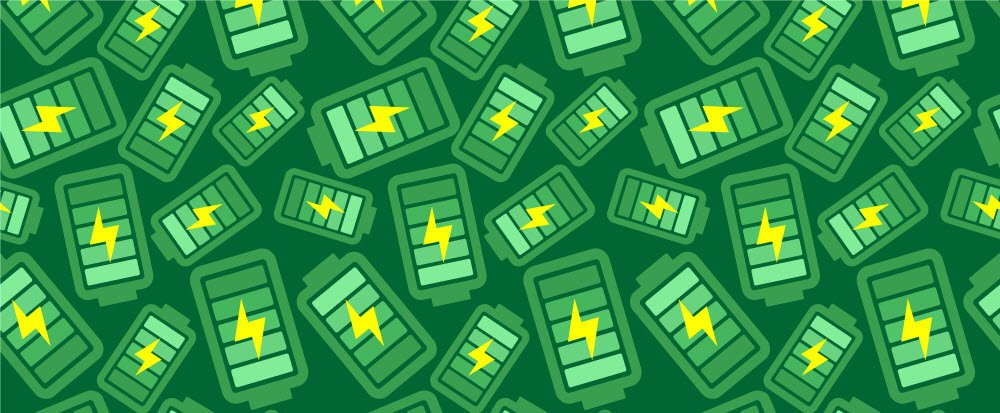
Fuel cells offer a promising energy generation alternative for a wide range of technologies thanks to their ecological friendliness and unparalleled efficiency.
At their heart lies the proton exchange membrane, the most important component. These components are created through the use of printing techniques, using polymer inks, with the most widely used material being Nafion.

The physicochemical properties of the ink, such as its viscosity under shear, affect the properties of the finished product.
In this work researchers from the MBM group employ coarse-grained Molecular Dynamics Simulations to model the effects of shear flow on Nafion inks and how it affects their viscosity under shear. We shed light to the mechanism behind the shear-thinning effect that these inks exhibit under flow, showing that it is due to the longitudinal alignment of the Nafion strands along the flow direction.
Check out our paper: Longitudinal strand ordering leads to shear thinning in Nafion
Nicholas Michelarakis, Florian Franz, Konstantinos Gkagkas and Frauke Gräter Physical Chemistry Chemical Physics
About HITS
The Heidelberg Institute for Theoretical Studies (HITS) was established in 2010 by the physicist and SAP co-founder Klaus Tschira (1940-2015) and the Klaus Tschira Foundation as a private, non-profit research institute. HITS conducts basic research in the natural sciences, mathematics and computer science, with a focus on the processing, structuring, and analyzing of large amounts of complex data and the development of computational methods and software. The research fields range from molecular biology to astrophysics. The shareholders of HITS are the HITS-Stiftung, which is a subsidiary of the Klaus Tschira Foundation, Heidelberg University and the Karlsruhe Institute of Technology (KIT). HITS also cooperates with other universities and research institutes and with industrial partners. The base funding of HITS is provided by the HITS Stiftung with funds received from the Klaus Tschira Foundation. The primary external funding agencies are the Federal Ministry of Education and Research (BMBF), the German Research Foundation (DFG), and the European Union.
Read the most up to date Fuel Cell and Hydrogen Industry news at FuelCellsWorks




